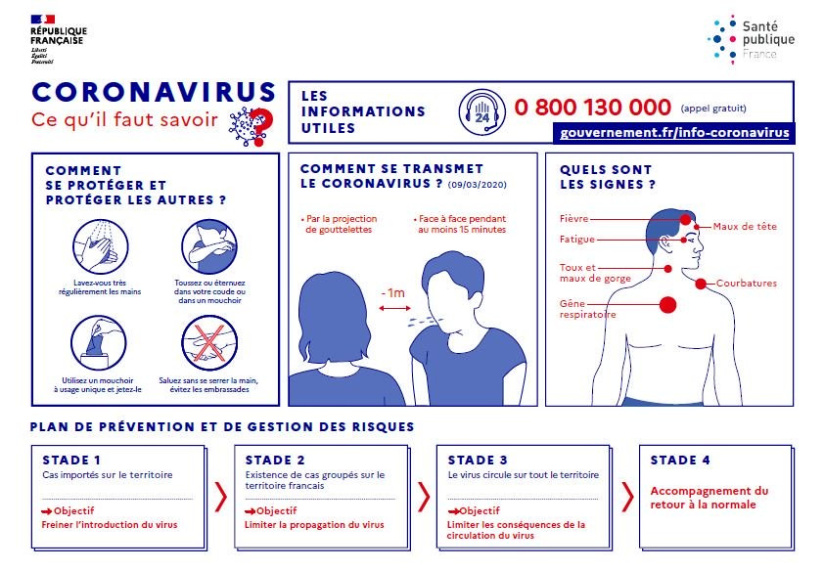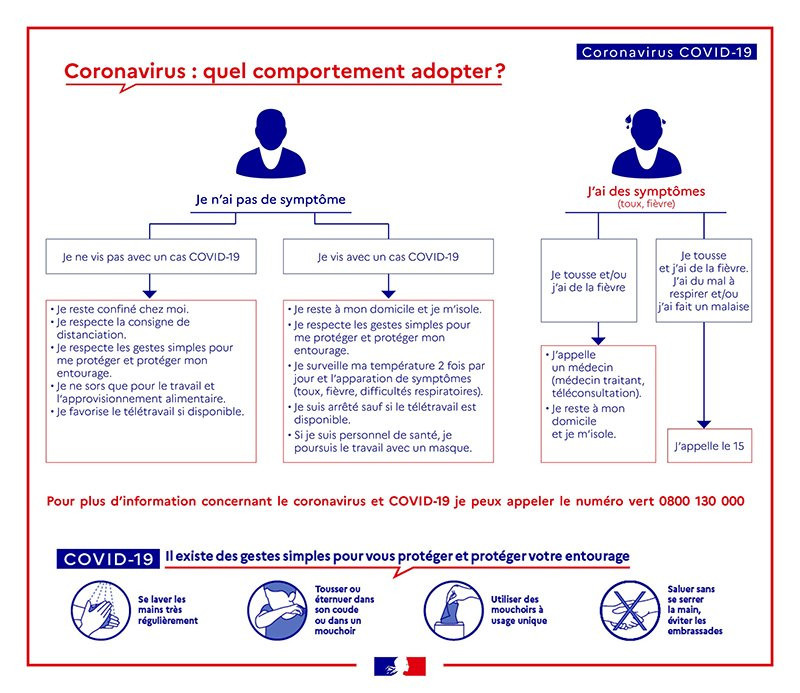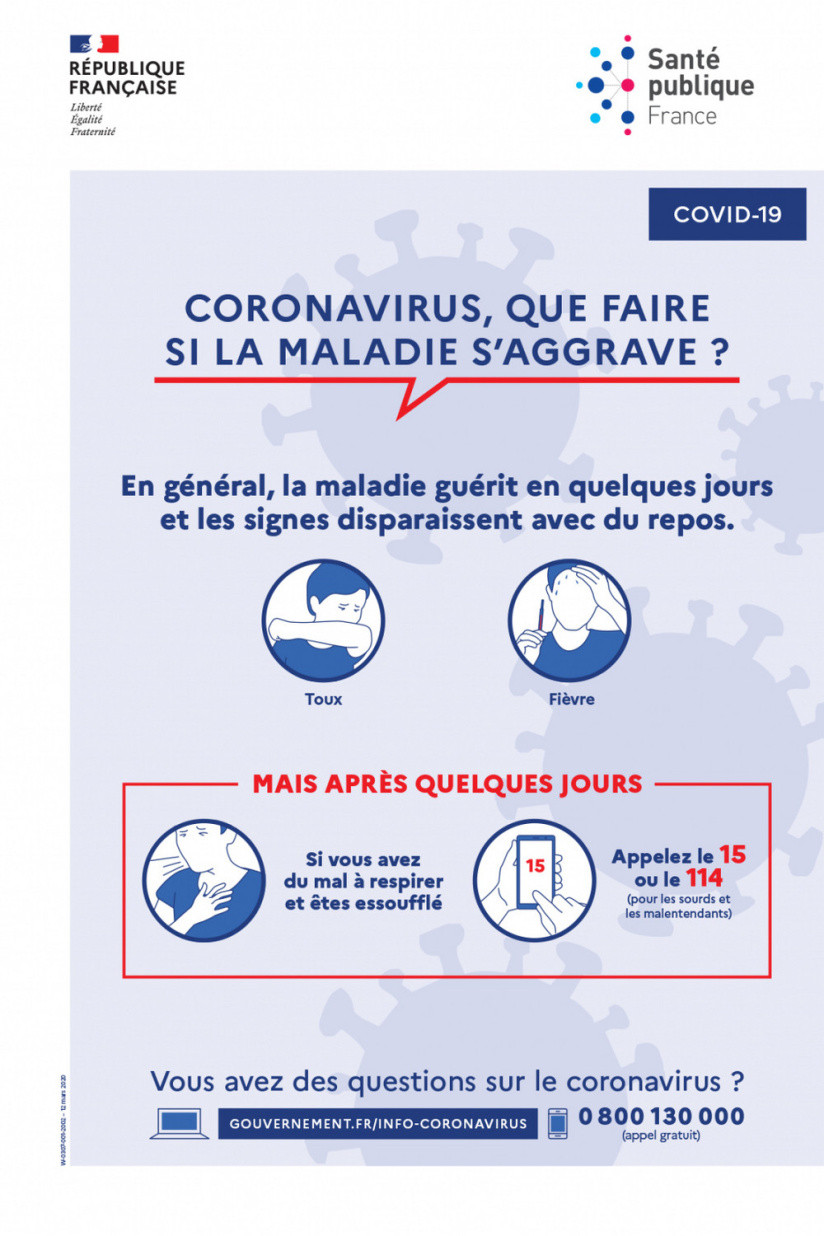Despite explanations and recommendations from the Health Department, many French people are still wondering about the symptoms of a virus that keeps spreading and teaching us more about it and how it spreads out.
You think you have coronavirus symptoms? You have doubts about your health and what to do in case of contamination? Sortiraparis editorial board gives you an update about what to do.
Coronavirus symptoms:
On its website, Health Department lists the most common coronavirus symptoms:
But among the less frequent symptoms but that should be alerting:
And among the serious symptoms that should lead you to consult quickly:
Caution, some people infected can develop some symptoms and not others. For instance, it is quite common to have no headaches or sore muscles.
By the way, the Health Department has also listed most symptoms in youth: loss of the sense of smell sometimes paired with the loss of the sense of taste. Symptoms that yet remain quite rare, like new ones found in several patients recently, such as the "covid-toe" (purple little toe), according to several studies led by the International League of Dermatological Societies and the American Academy of Dermatology or even a sudden loss of hearing.
In most severe cases, patients can quickly develop pneumonia, or could be victim of an acute respiratory distress symptom, starting with shortness of breath by the 8th day, or even acute kidney failure or multiple organ dysfunction syndrome leading to death.
In elderly people, some signs can be suspicious as for a possible coronavirus infection, and those are not always breathing troubles.
"Diarrhea, loss of balance, change of behavior, blood trouble (lower lymphocyte rate) are potentially forerunners for the Covid-19 breathing infection in fragile elderly people" head of Montpellier university hospital geriatrics Pr Hubert Blain explains.
As for the virus transmission modes, it’s via airborne droplets (spray of spit).
What you should do in case of doubt:
In case you have any doubt, you shall not go to the doctor (you better call one before any consultation or get a video consultation), stay home and limit contacts with people around you.
A website has been recently launched in France by oncologist at Le Mand Jean Bernard center Dr. Fabrice Denis to assess you symptoms and avoid overcrowding paramedics. Quick and easy, it doesn't take more than 3 minutes to answer about twenty questions about your medical history (heart failure or kidney failure, diabetes...) and your felt symptoms (cough, fever...).
In case of more severe symptoms such as shortness of breath, difficulty breathing or respiratory distress, call the Samu Centre 15 or 114.
Where to get tested in Paris and Ile-de-France?
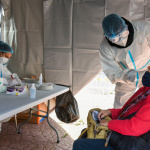


 Coronavirus: testing centers set up in front of railway stations in Paris
Coronavirus: testing centers set up in front of railway stations in Paris
In order to allow French people to get tested more massively, the SNCF announces coronavirus testing centers will be set up in front of railway stations in the biggest cities in France including Paris, Bordeaux, Marseille and Rennes. Keep reading to find out more. [Read more]
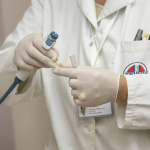


 Coronavirus: quick “antigenic” tests now available in pharmacies in France
Coronavirus: quick “antigenic” tests now available in pharmacies in France
As more and more French people are looking to get tested, Health Minister Olivier Véran has confirmed on France Info that the famous tests quicker than PCR tests, the “antigenic” tests are now available in pharmacies even though they are less reliable in some cases. [Read more]
Note that the disease goes generally away in a couple days and symptoms disappear with resting…
And to protect yourself, follow the required health instructions here:
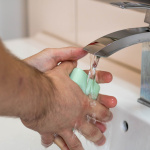


 Coronavirus: instructions and health recommendations in Paris
Coronavirus: instructions and health recommendations in Paris
Facing an even greater coronavirus pandemic, the city of Paris and the French government are setting up every measure possible to limit the risks of contagion in Île-de-France. And it involves health instructions and recommendations to follow. Let’s not forget it: we’re all involved. [Read more]
